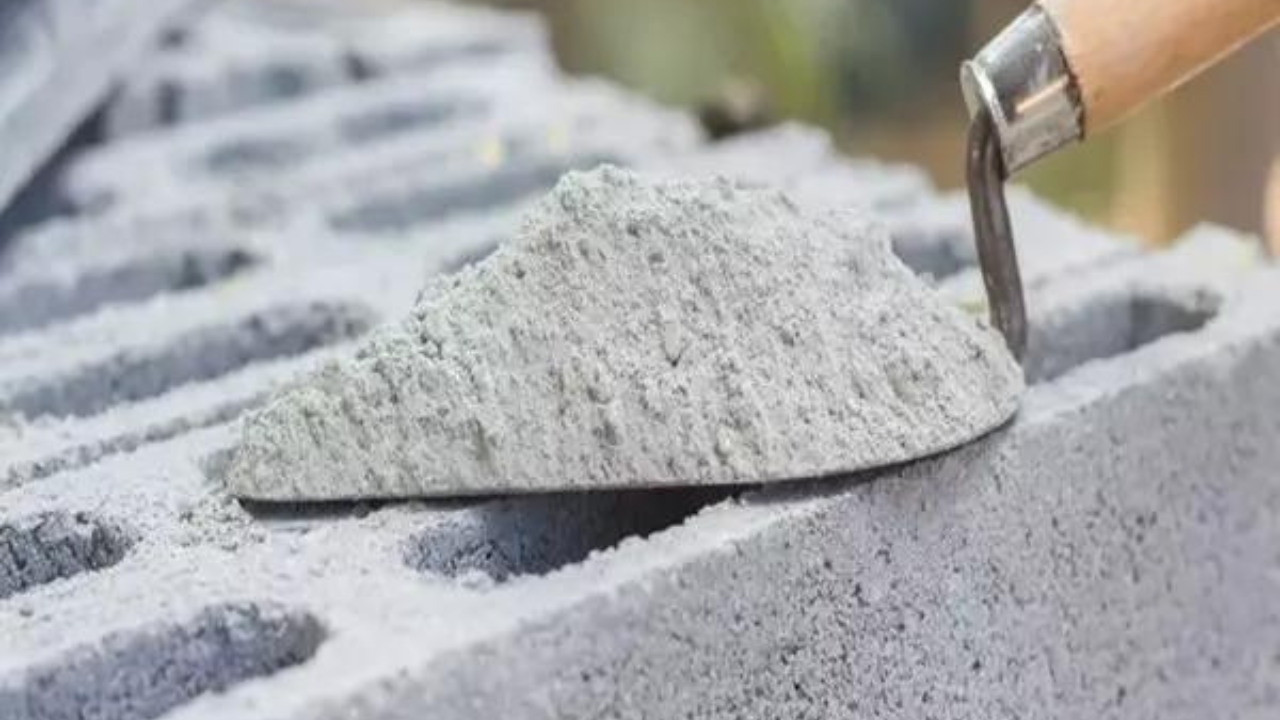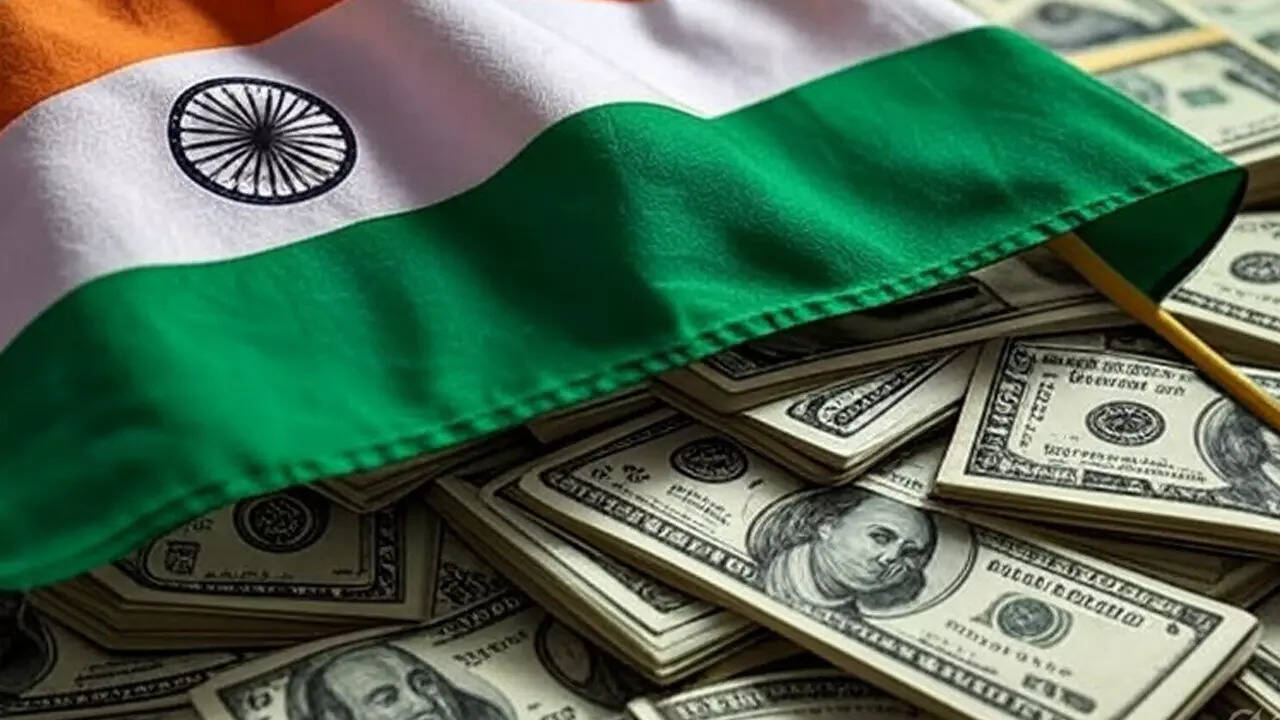Corporate scandals: What made Johnson & Johnson the subject of investigations in India?

Join our WhatsApp Community to receive travel deals, free stays, and special offers!
- Join Now -
Join our WhatsApp Community to receive travel deals, free stays, and special offers!
- Join Now -

Medical device giants are notorious for their aggressive marketing strategies, often using high-profile scientific conferences as a key tactic. Picture this: extravagant events hosted in lavish five-star hotels, complete with glittering gala dinners and luxurious overseas trips for surgeons and their spouses. The millions spent on these affairs aren’t just for show; they’re a calculated ploy to sway the medical community.
At these grand conferences, companies pull out all the stops. They stage live surgeries and product launches that feel more like theatrical performances. Surgeons and their peers are dazzled by these high-tech showcases, subtly nudged towards adopting and promoting the latest devices. The opulence and spectacle are meticulously designed to leave a lasting impression. The goal? To ensure that when a patient walks into the operating room, the surgeon is more likely to choose and recommend these expensive, cutting-edge devices. The boundary between genuine scientific discourse and corporate influence becomes increasingly blurred.
Even before the August 2010 voluntary recall, DePuy, a subsidiary of Johnson & Johnson, was already under scrutiny for its ASR implant – particularly in Australia and the UK. Orthopaedic registries had begun reporting troublingly high revision rates, raising red flags.
In India, a year before the recall, the Indian subsidiary, Johnson &...
What's Your Reaction?
 Like
0
Like
0
 Dislike
0
Dislike
0
 Love
0
Love
0
 Funny
0
Funny
0
 Angry
0
Angry
0
 Sad
0
Sad
0
 Wow
0
Wow
0
























































